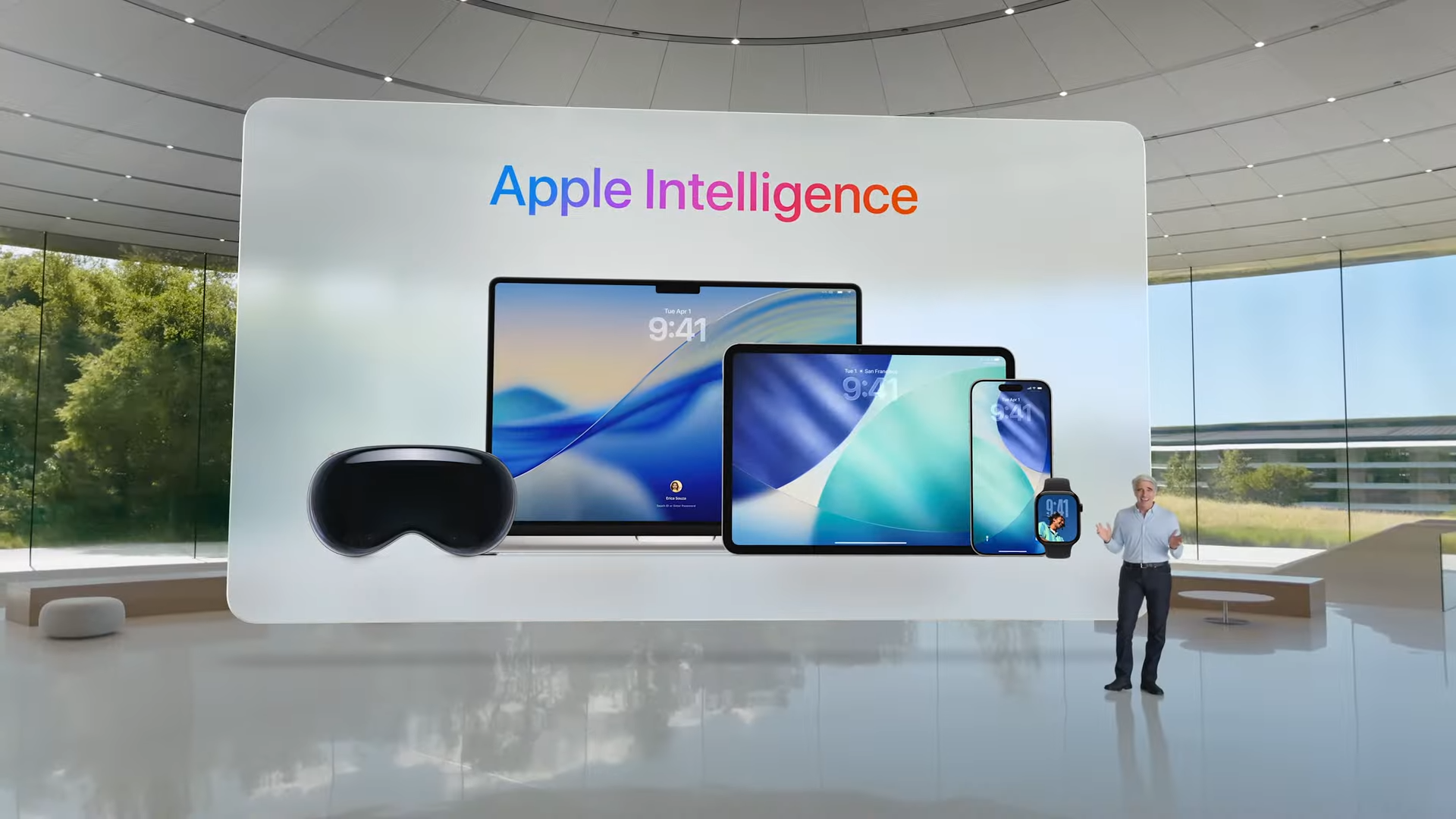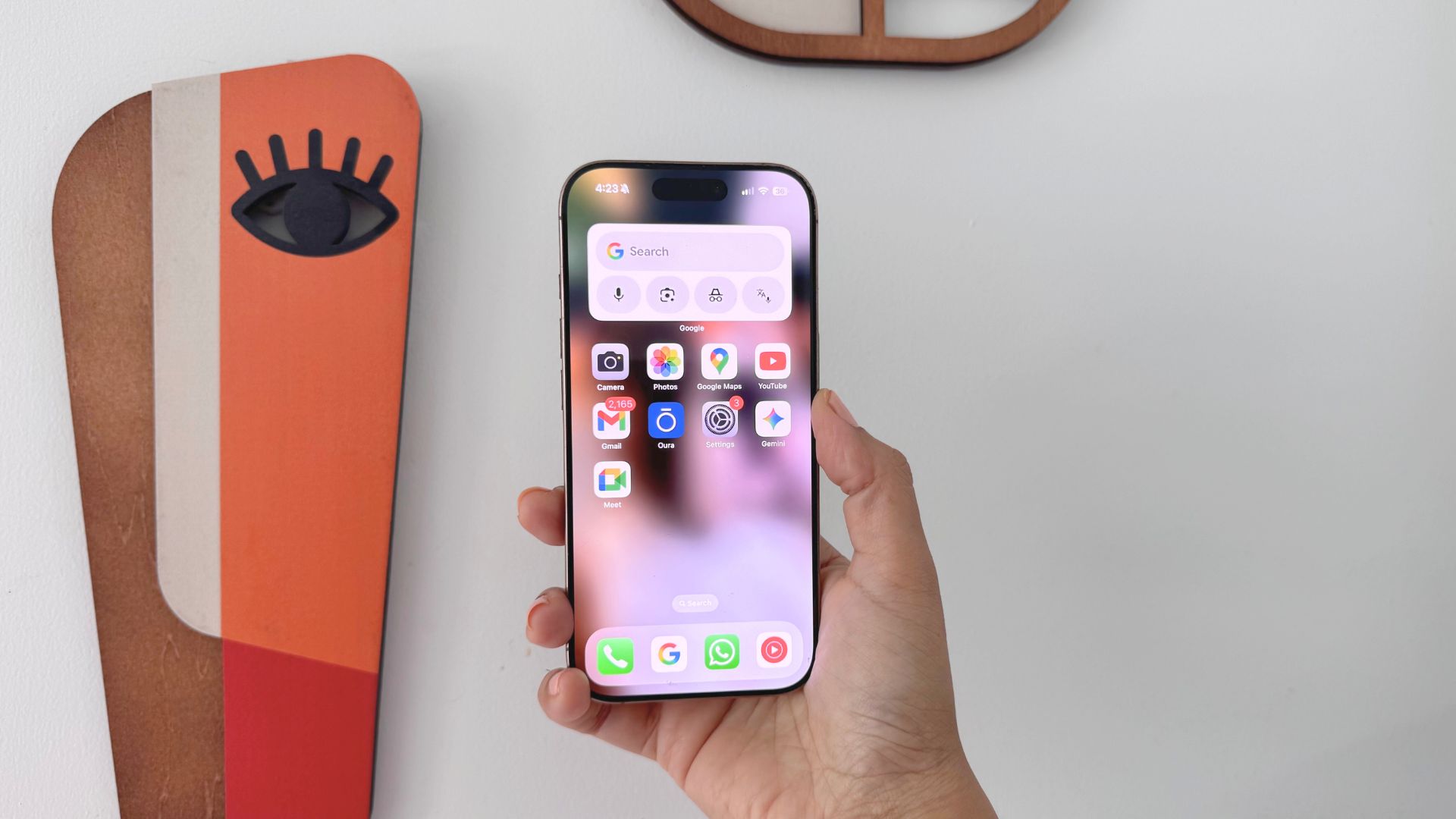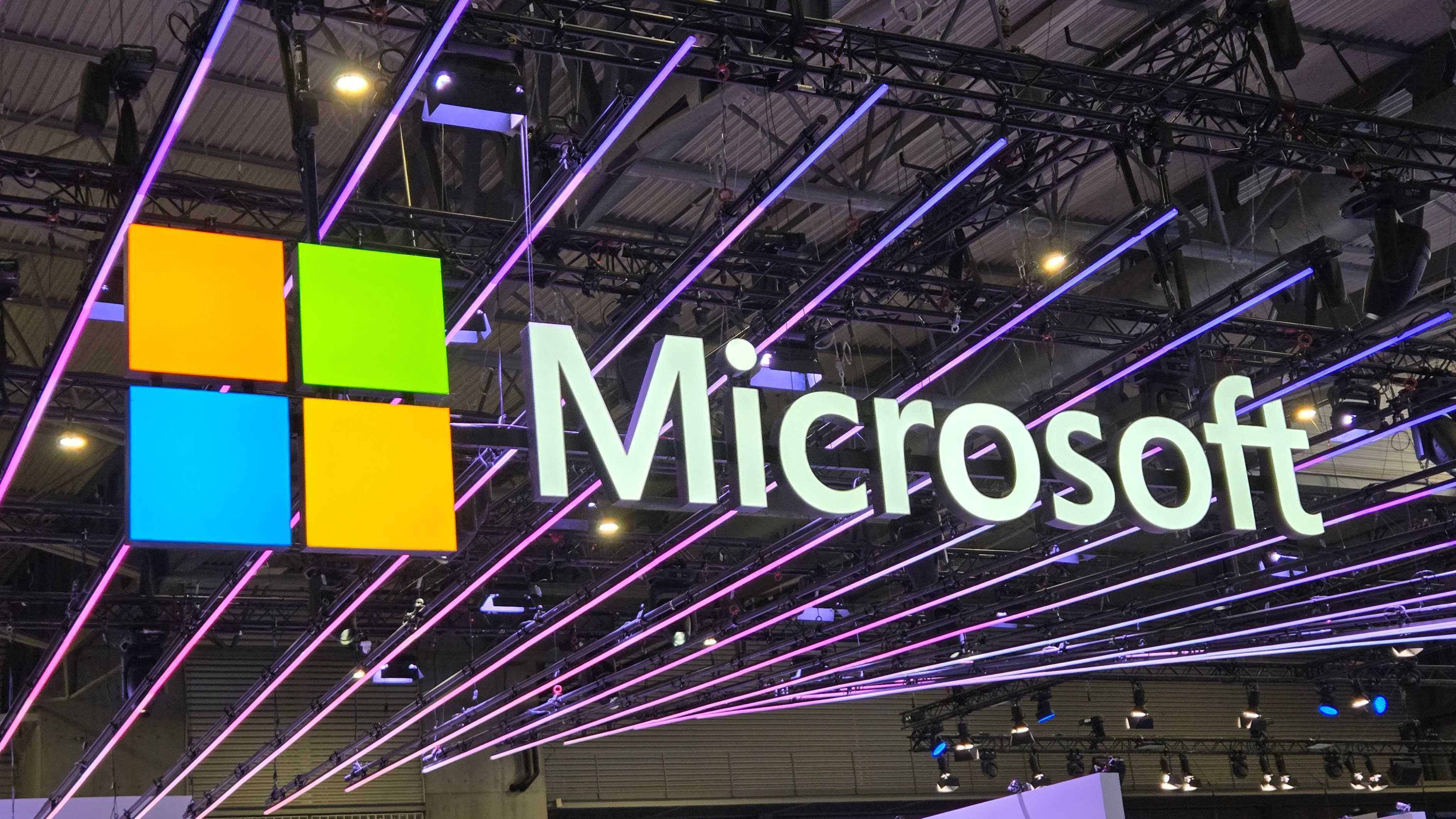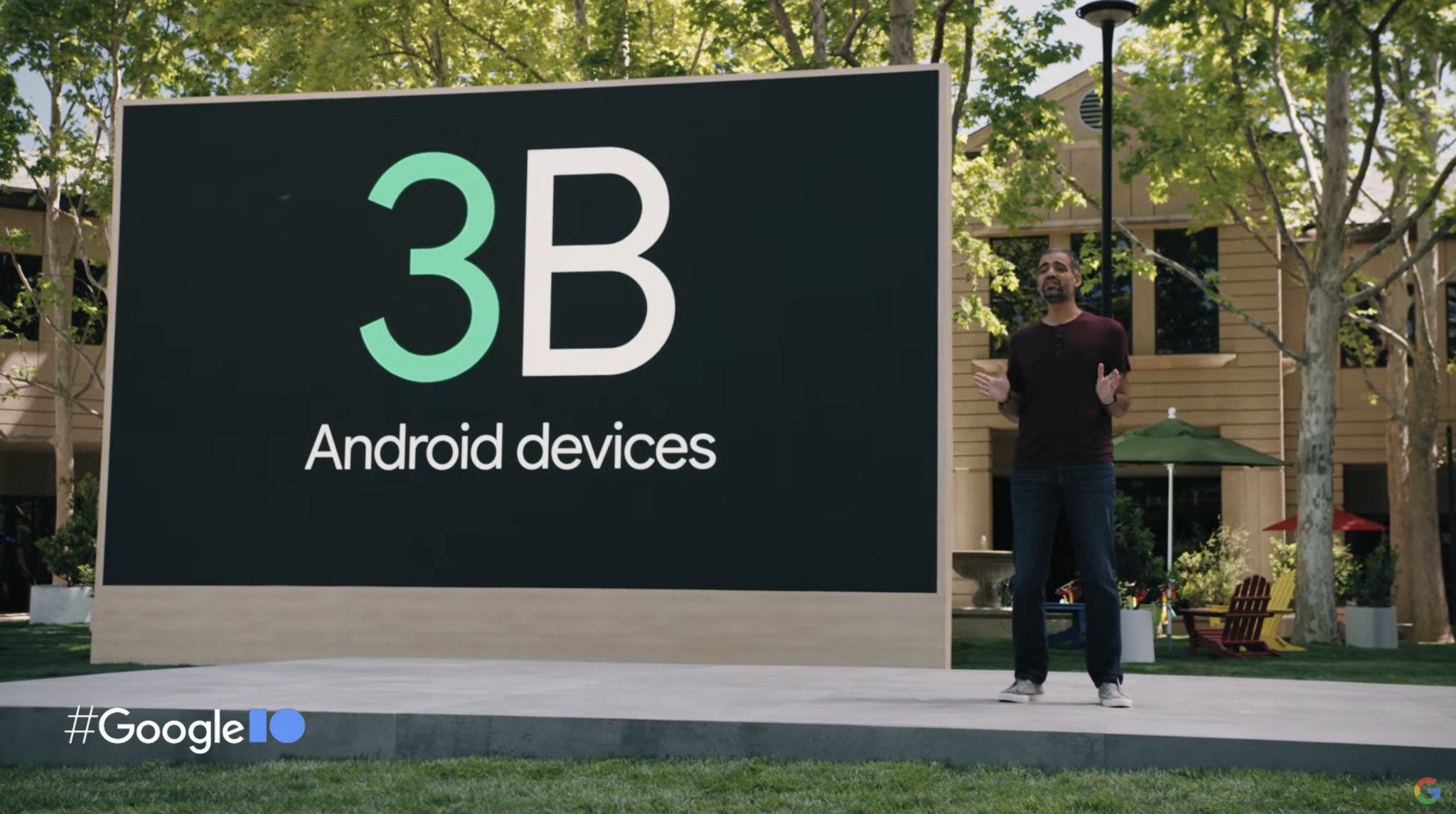What does Google's big court 'win' mean for us?
Another day, another time for Google to pull victory from the ashes.

Enjoy our content? Make sure to set Android Central as a preferred source in Google Search so you can stay up-to-date on the latest news, reviews, features, and more.
On September 2, a federal judge ruled that Google won't have to sell off Android or Chrome as part of the remedies phase of an antitrust suit brought by the U.S. DoJ.
Though there are some restrictions placed on the way Google is allowed to operate as a monopoly, most consumers saw the idea of being forced to sell off Android or Chrome as a key part of the lawsuit.
As usual, this decision creates winners and losers, but most importantly, what does any of this mean for us, the people who simply use these products and aren't wallet-deep in business with the company?

One of the web's longest-running tech columns, Android & Chill is your Saturday discussion of Android, Google, and all things tech.
The remedies put in place are not entirely favorable to Google, but you can consider this a win for the tech giant, which narrowly escaped another disruption of its core business through search and ads.
It's not over, of course; there is already another antitrust case in the works over Google's ad business, and there will be plenty more. This particular case was brought forward by people tasked to look out for our best interests, not those of Google's competitors or up-and-coming companies.
Did it?
Who are the winners here?

It's easy to think that Google won another case after it had already lost it; Google was found to be a monopoly that used unfair practices to maintain its monopoly standing. However, the penalties are somewhat lackluster and are unlikely to have a significant impact on Google's business or its bottom line. Stocks in the company rose almost 8% over this "good" news.
Get the latest news from Android Central, your trusted companion in the world of Android
While that's true, other companies wanted or needed an outcome like this, and the biggest is one you might not have thought of: Apple.
Google paid Apple about 20 billion dollars in 2022 to be the default search engine on the iPhone. It can keep doing it. Google's not allowed to attach any other strings to the deal, like saying the contract must be exclusive, but Apple can keep collecting those huge annual payments, which equal about one-fifth of the company's services revenue.
In addition, Apple can enter contracts with other companies to promote their search engines and have fewer restrictions on how it builds a relationship with an AI partner. Google may not like having OpenAI be Apple's default AI engine, but it could be. That makes competing AI companies, like OpenAI or Perplexity, winners here, too.

Smaller companies are also better off because of the decision to allow Google to continue to enter deals for a default search service. Mozilla, in particular, would have a very difficult time staying afloat without Google's help.
Because Google can continue with Chrome as normal, almost every company making a web browser wins, too. While they may be complaining on social media, CEOs of companies like Brave know that nobody will continue to support the code base that makes their product possible the way Google has been doing.
Who are the losers?

When someone "wins," it means someone has to lose as well. I see two outright losers from this decision: Microsoft and Internet publishers.
Microsoft doesn't need Google to continue to support and maintain Chromium, even though its Edge browser uses the engine. It's entirely capable of doing it and would have been happy to do so if it meant its web browser market share could grow as Chrome collapsed. Having Google still doing most everything it has been doing means Microsoft will need to spend more money to compete.
Lastly, internet publishers will now see Google, whose AI is already affecting business models, sharing some of the data it collects with competitors. That means even more AI companies will be able to sidestep actual web articles in favor of an AI-generated response, reducing web traffic and revenue for the companies producing the content. Many had hoped for some sort of "opt-out" of AI web indexing without being penalized in proper search results, but that was not part of the ruling.
So what about us?

While it's interesting to see how this court ruling will affect the finances of tech companies, what's most important to me (and many of you) is what it means for us, the over 3 billion Google customers who use the company's products and services.
The news is decidedly neutral. The suit may have been brought to protect users like you and me, but the result doesn't really do much there. Google will continue to do everything it has been doing when it comes to the consumer, even though there are some restrictions placed on how the company can finagle finances.
Your Android phone and Chromebook will work the same as they ever did. So will YouTube, and Gmail. It's possible we see some slight differences when it comes to Search, but that's been such a mess lately, would we even notice?
The one way this ruling directly affects users is that Google has to share some search index and user-interaction data with competitors. The details aren't set in stone, and the judge did realize that this subject needs to be approached carefully, but the data you generate and provide to Google will end up in the hands of other companies.
Google says, "We have concerns about how these requirements will impact our users and their privacy, and we're reviewing the decision closely," but doesn't suggest it will appeal the decision outright.
The difference here is that previously, we knew the vast amounts of data Google collected on all of us were kept in-house. Now some of it won't be. That may or may not be a bad thing.
It's like a defendant robbed a series of banks and the court verdict found them guilty, then sentenced them to probation under which they may continue robbing banks but must share data on how they rob banks with competing bank robbers.September 2, 2025
Unless you have some sort of financial tie to Google and its products or services, there isn't much to process here. It's certainly not the doom and gloom some people were expecting or hoped for, and for us, it's simply another day.

Jerry is an amateur woodworker and struggling shade tree mechanic. There's nothing he can't take apart, but many things he can't reassemble. You'll find him writing and speaking his loud opinion on Android Central and occasionally on Threads.
You must confirm your public display name before commenting
Please logout and then login again, you will then be prompted to enter your display name.
